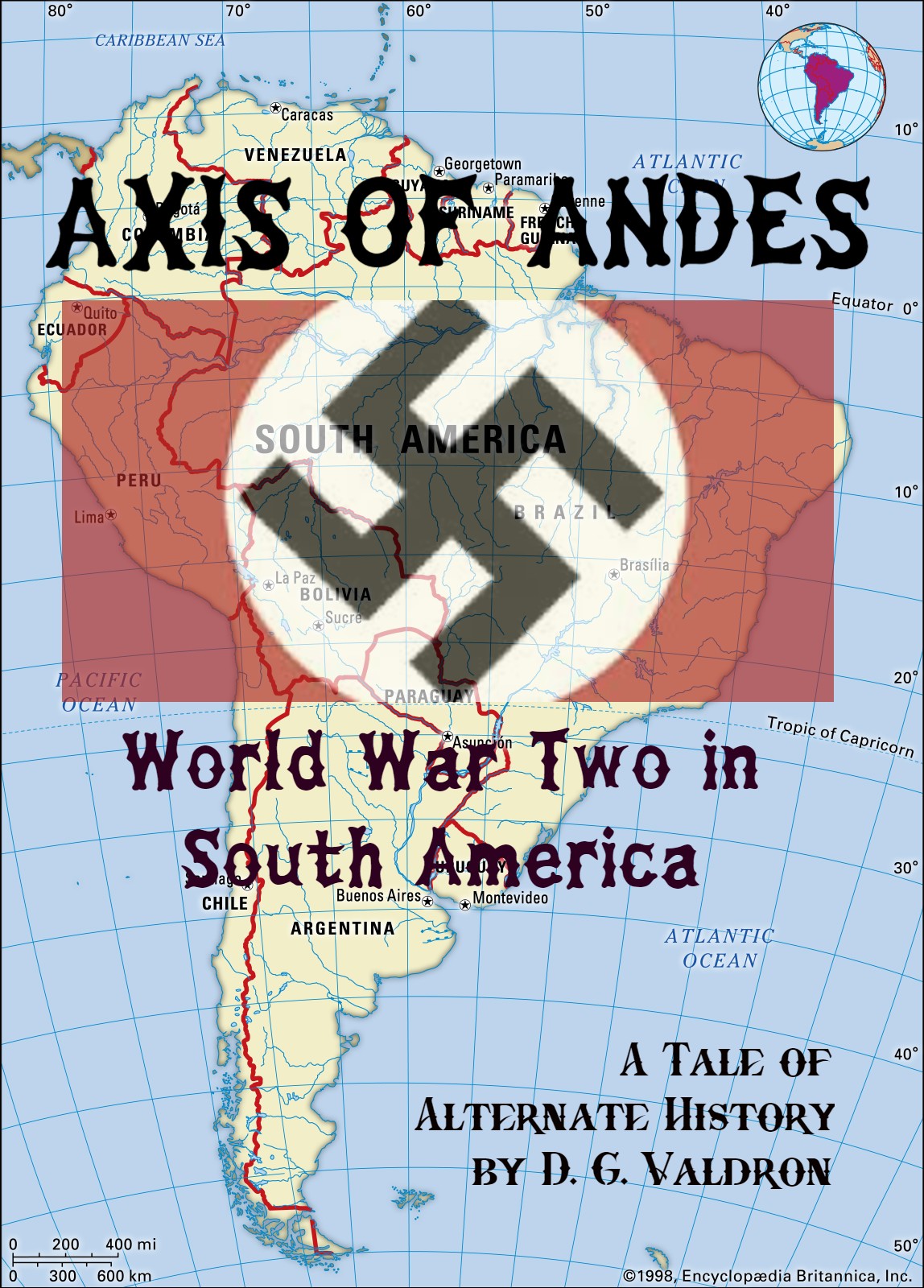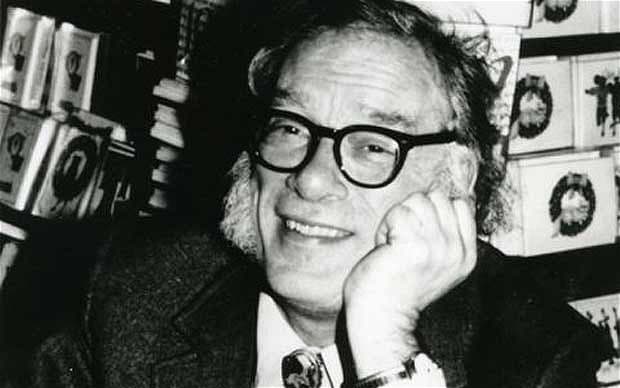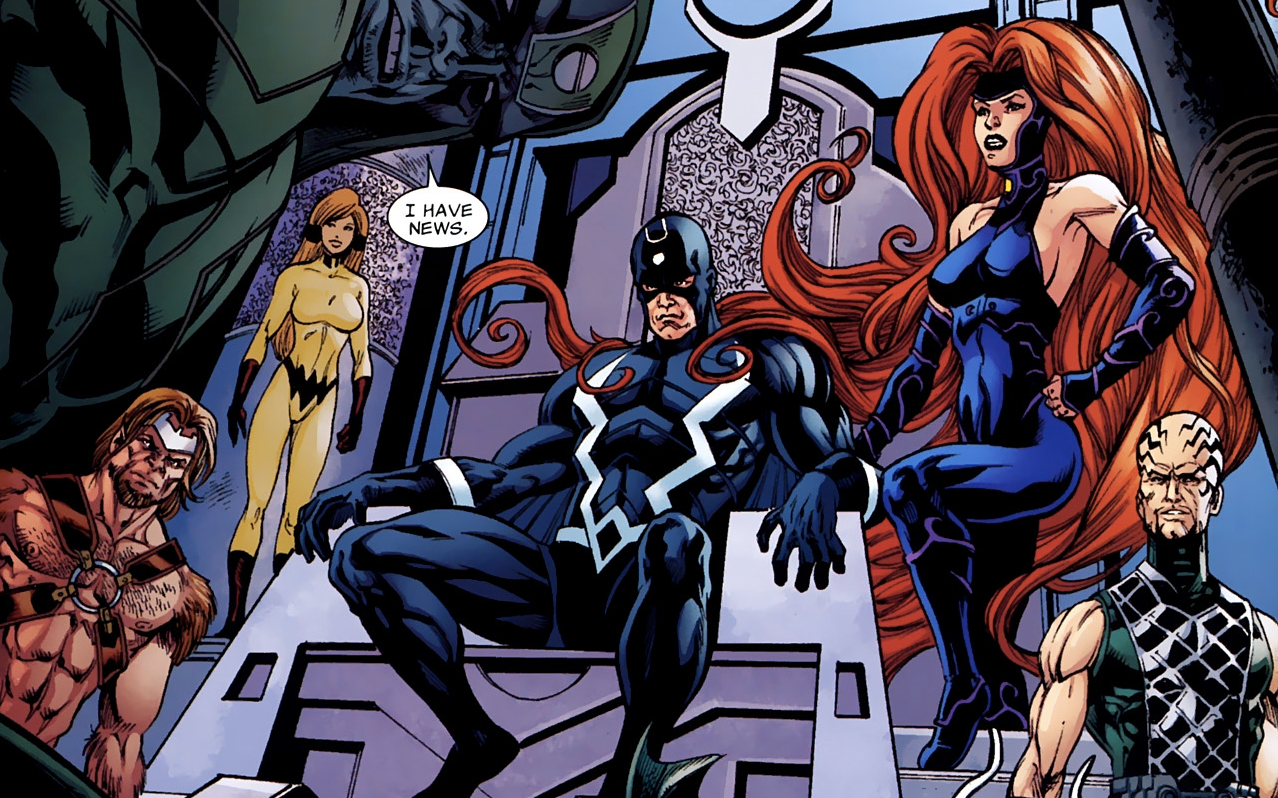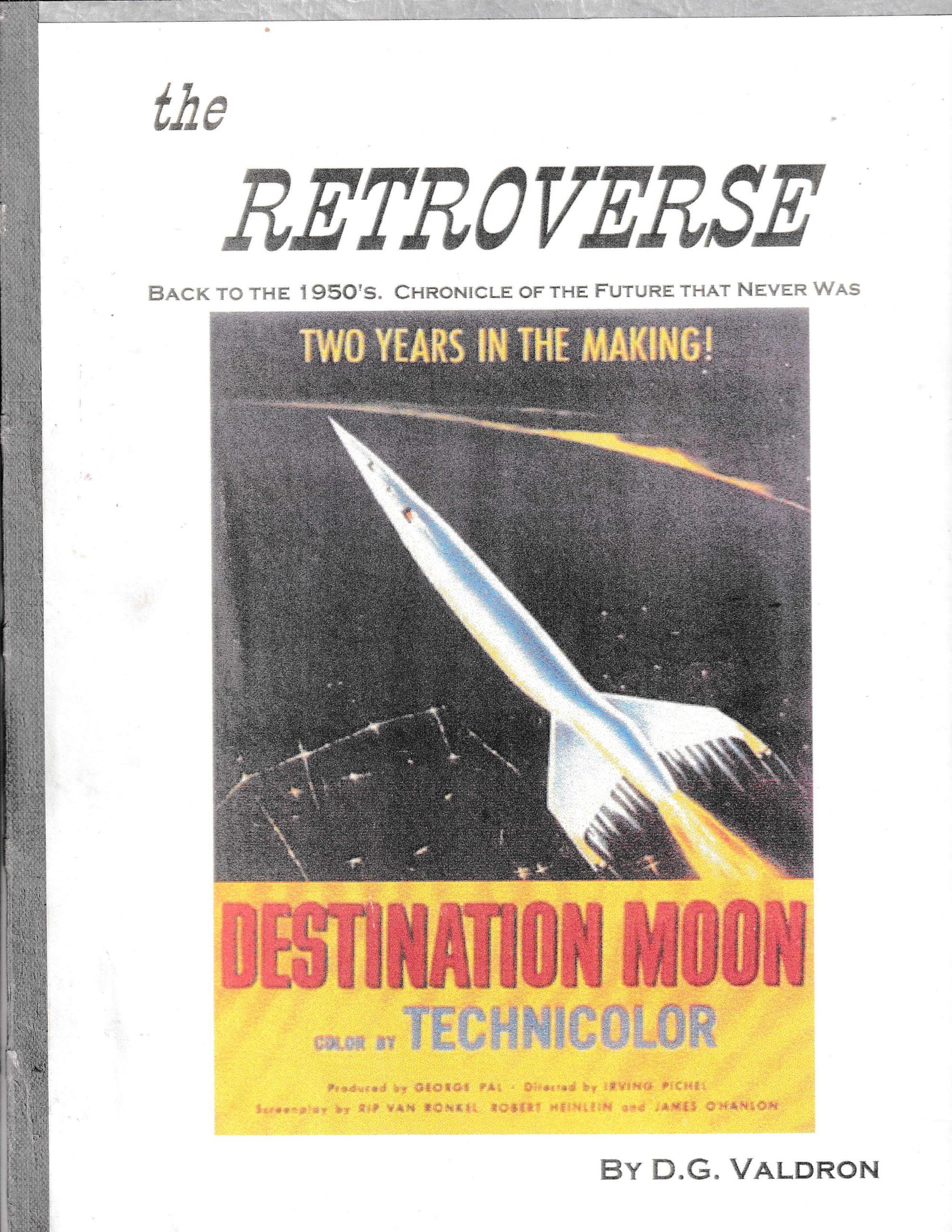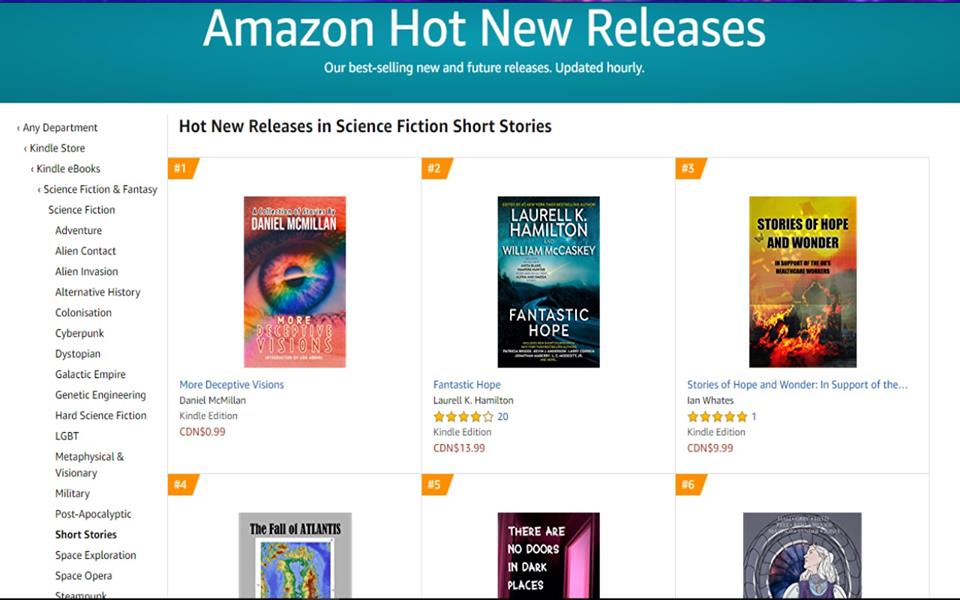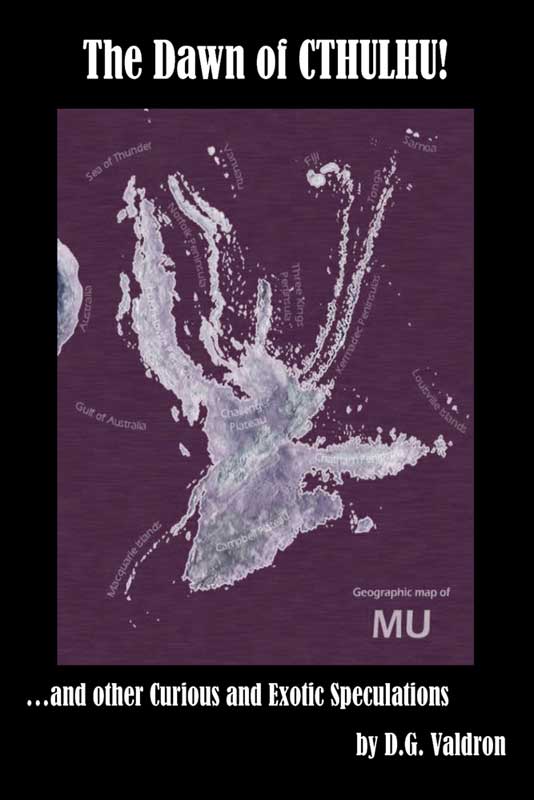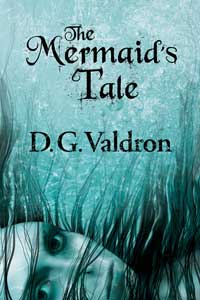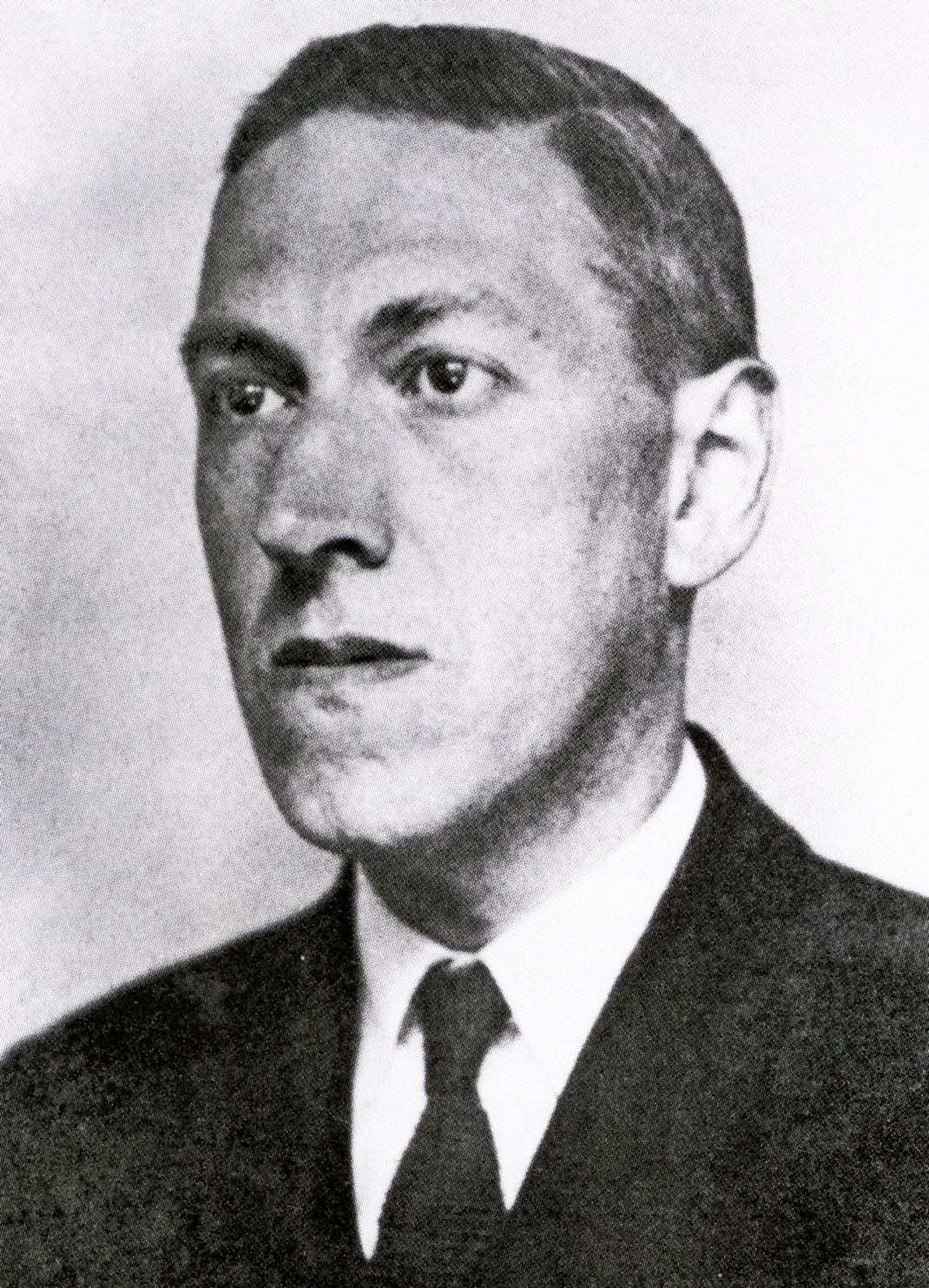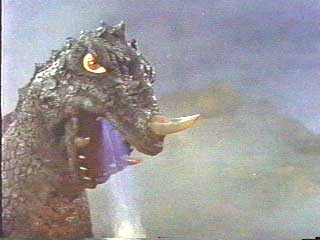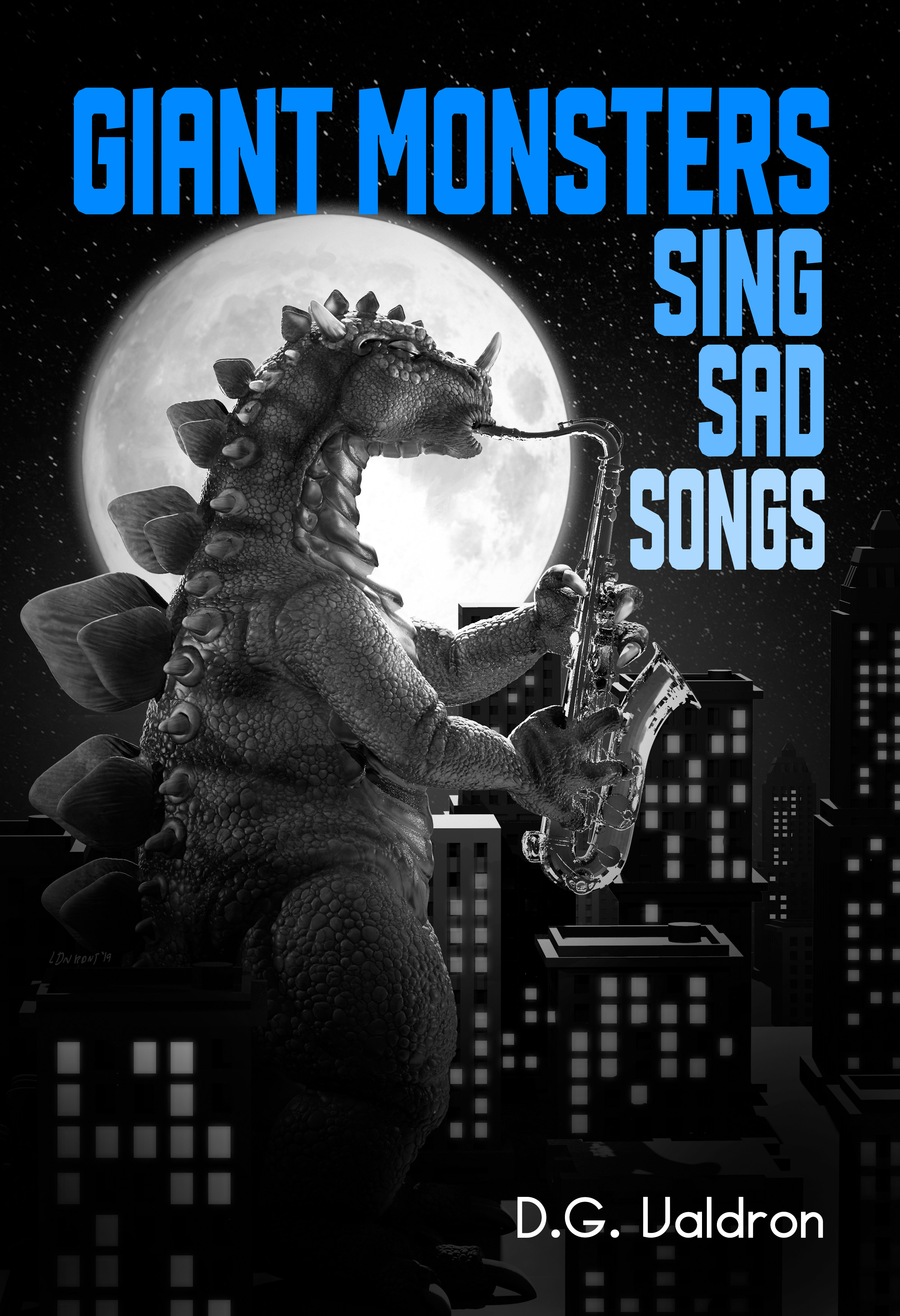EXCERPT
The Rise of Fascism in Ecuador in the 1930’s
The thing you have to understand about fascism is that it isn’t an ideology at all.
It’s theater.
It’s all about dressing up and marching around and shouting in unison. It’s about being mad as hell and not taking it, whatever it is, any more. It’s about right and wrong, traditional virtues, manly men, womenly women, nervous but alluring sheep. It’s simple solutions to a complicated world, the innate superiority of tribe and fixing the world with a sock to the jaw of some craven jew/marxist/indian/etc. etc.
Fascist ideology is almost always a contradiction in terms. What a fascist believes, what a fascist does is self serving and fluid, fitting the needs of the moment.
There is no real theory. Theory is for eggheads sitting in their ivory towers, contemplating the world, passively studying and forming theories.
Well, while the eggheads sat there and studied, the Fascists were about action. They would go out and act, and let the eggheads study that. And while the eggheads studied, they would act again. Fascists would remake the world, through the sheer power of will and action.
Fascism was not about thinking, it was about acting. It was not about reflection or ideology or theory, it was about passion.
It was all nonsense, of course. But Fascism had the advantage of looking good with all its shouting and bluster and appeals to blood and virtue.
